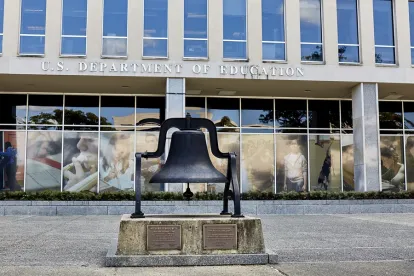Comparing the legendary basketball coach Dean Smith’s “control the clock and control the game” strategy, the U.S. Court of Appeals for the Eleventh Circuit in Barrett v. Walker Cty. Sch. Dist., 872 F.3d 1209 (11th Cir. 2017) struck down a Georgia school district’s policy that restricted public comment at school board meetings.
The court’s decision in Barrett, arose from failed efforts of the school’s union president to secure a speaking slot during an upcoming board meeting. Although not mandated by Georgia law, the school district implemented a board policy allowing public comment at board meetings. The policy required speakers to first meet with the superintendent and have a discussion. The superintendent was then required to report back to the speaker within 10 days. Only then could the speaker file a written request within one week of the next board meeting. The policy’s downfall was the fact that the superintendent controlled the timing of the initial meeting. If the superintendent chose to delay the initial meeting, it would prevent the speaker from complying with the policy. In return, this allowed the superintendent to censor a critical speaker’s point of view. Hence … the policy allowed the superintendent to “control the clock and control the game.” Ultimately, the court found this discretion had the potential to chill speech and held the policy was facially invalid.
The primary reason school board’s often implement board policy relating to public comment is to establish reasonable procedures on time, place, and manner. Yet, varying by state law, some boards may be without discretion to disallow public comment. Of course, the Barrett case only technically is controlling in the states that the Eleventh Circuit oversees (Alabama, Florida and Georgia), so you may need to vet any potential state laws within the jurisdiction in which you are drafting board policy. To the extent your state law allows for discretion, remember a policy that “controls the clock” may wind up in court.



 />i
/>i

